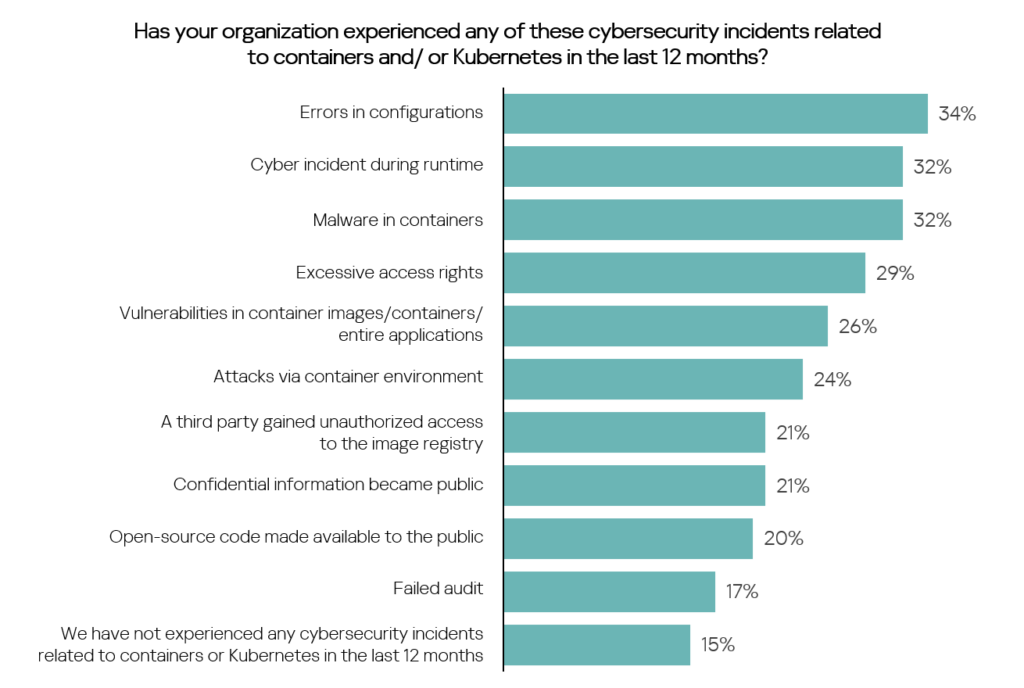According to the latest Kaspersky study, the majority (89%) of geo-distributed companies using container development methods in APAC faced cybersecurity attacks in the last 12 months.
"Cybersecurity incidents related to containers and Kubernetes present significant challenges for geo-distributed companies. The findings from our study underscore the critical importance of implementing robust security measures to safeguard against confidential data leaks and other cyber threats in hybrid cloud and containerised environments," said Timofey Titkov, head of the Cloud & Network Security Product Line at Kaspersky.
Cyber attacks
Data revealed that businesses that used containers and/ or Kubernetes experienced confidential data leaks (42%), financial losses (49%), and decreased customer trust (34%).
94% of surveyed APAC businesses with multi-site networks had in-house IT development teams. Around 87% use a container development method; among them, 89% reported experiencing cybersecurity incidents related to containers and/ or Kubernetes in the last 12 months.
Configuration errors (40%), flaws in runtime security processes (34%), and late detection of malware in containers (29%) are among the reported causes of the attacks.
The consequences of the cyber incidents include confidential data leaks (49%), financial losses (49%), and loss of customer trust (34%).

Protecting containerised environments
"As organisations continue to expand their digital footprint, proactive security measures are essential to mitigate risks and maintain customer trust," added Titkov.
Kaspersky recommends that organisations use specialised solutions for container security to ensure security across all stages of containerised application development.
Such solutions claim to serve as the initial step in implementing complex DevOps and cloud security solutions.




